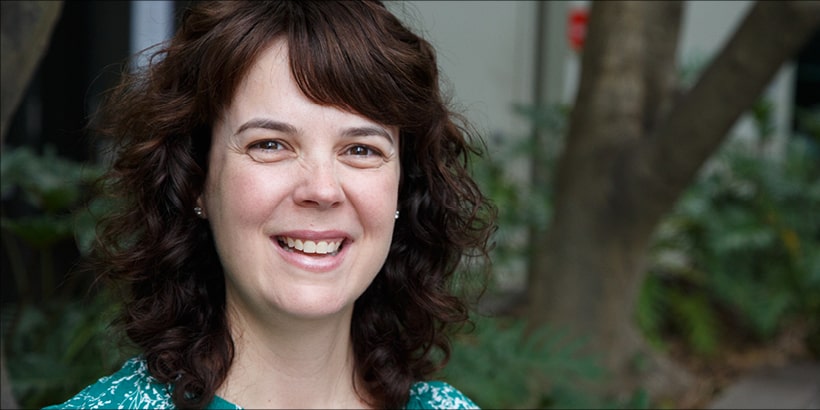
No Way Out
April 9, 2020
Finding Help
April 9, 2020PROFILE
As a GP for more than five decades on Sydney’s Northern Beaches, Dr Kenneth Chang is an entrenched part of the community and his patients’ lives.
Despite retiring three years ago, Dr Kenneth Chang still dreams he’s at work.
And in many ways, he still is. The former Balgowlah GP lives close to his old practice and sees his patients in the neighbourhood often.
“I don’t miss working, I miss people. I live near where I used to work, so I bump into people all the time and I’ll see how their health is going, and sometimes I ring people to check on them.
“You continue to wonder what’s going on with their lives,” he adds.
Early Life
Dr Chang’s great grandfather migrated to Australia from China in 1890 and had a business in Tamworth. His father was born in 1909 – the eldest of six children. When his mother died, the family sold the business and returned to China. Dr Chang’s father returned to Australia in 1932 as an adult, and Dr Chang was born in 1938 in Bendigo.
Always interested in science, Dr Chang studied medicine at Sydney University, then transitioned from working in hospitals to the surgery on Sydney Road in June 1967.
At the time, the surgery was owned by Dr Robert Dick, an ex-prisoner of war who was captured by the Japanese.
Dr Chang had already been turned down by Dr Dick for a job once before, but after locuming for two weeks he was encouraged by another doctor in the practice to try again. This time, Dr Dick agreed to take him on. If Dr Dick had reservations about Dr Chang, they were quickly dispelled.
“There was a theory that he was hesitant about taking on someone Chinese… But anyhow he was a really nice man, a generous man, a good man, and he was very good to me. I’d go into the surgery and he’d say, ‘This is Dr Chang and you can trust him with your life.’ So, there was a large amount of good will,” he says.
Dr Chang says most patients were equally accepting and he faced little discrimination in the area. “The very odd person, but you just ignore it.”
He recalls looking after four generations of patients – parents sent their kids, who then sent their kids, and so on.
“I don’t know whether that still holds these days,” Dr Chang says. “It’s become much more depersonalised. People say when they go to see the doctor, the doctor is looking at the computer the whole time.”
Dr Chang acknowledges the influence Dr Dick had over him as a young GP.
“He was such a kind man. I’d go back to the surgery and I’d say, ‘I’ve just seen this woman, and her husband’s left her, and she’s got no food’ and he’d send the receptionist out to buy a bag of groceries and put it on her doorstep. He wouldn’t say who it was from. Imagine the bloody corporates doing something like that.”
After a year of working for him, Dr Chang took over the practice and Dr Dick remained on.
Dr Chang witnessed a lot of changes in his 55 years in medicine. In particular, he celebrates the advancement in tools for diagnosis, particularly in imaging.
“They’ve just made an enormous difference and with those things you can see inside the body, whereas before you had to cut people open to see what was going on.”
He also acknowledges the improvements in treatment for asthma, vascular disease, and advances in orthopaedic surgery and anaesthesiology – which has particularly improved outcomes for elderly people.
“The discovery of Helicobacter pylori was important. When I was a resident, there were all these people with stomach ulcers and they were having operations, partial gastrectomies and a lot of complications. Now with the helicobacter treatment, you hardly see anyone with an ulcer.”
In terms of the practice of medicine, Dr Chang laments the growing prevalence of corporations.
“The corporate sector is just about making money. They’re not there for any humane causes or anything like that. I think along with that you get a loss of empathy and a loss of altruism.”
He says long working hours combined with trouble taking holidays have forced a lot of people out of solo practice.
“I think the Government has got to try and do something,” he says, adding that he has remained a member of the AMA for 50 years because of its ability to represent all doctors.
“I joined and stayed in the AMA because I felt that the doctors needed one voice.”

